GABRIEL GAVIN

Russia is selling hundreds of millions of barrels of crude oil to India — but instead of the dollars and euros the Kremlin needs to plug holes in its budget, it's earning mountains of rupees that are proving hard to spend.
So far this year, India has already bought more than half a billion barrels of crude, an almost tenfold increase since 2021, the year before the war, according to statistics collected by analytics firm Kpler. As a result, an estimated $1 billion worth of rupees is landing in Moscow's coffers each month.
Over the weekend, Russian Foreign Minister Sergey Lavrov acknowledged the dilemma. “We've accumulated many billions of rupees that we haven't yet found a use for," he said during a press conference following the G20 summit in New Delhi.
The Indian currency is only partly convertible; New Delhi needs to give approval for larger transactions, and so far it's not doing that for its oil spending. Instead, India has reportedly offered an unconventional solution — reinvesting rupees into its own economy.
"Our Indian partners have assured us that they will suggest promising areas where they could be invested,” Lavrov said.
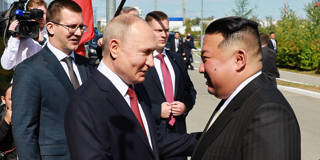
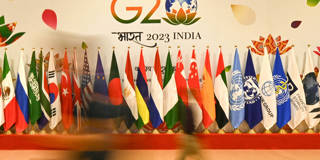
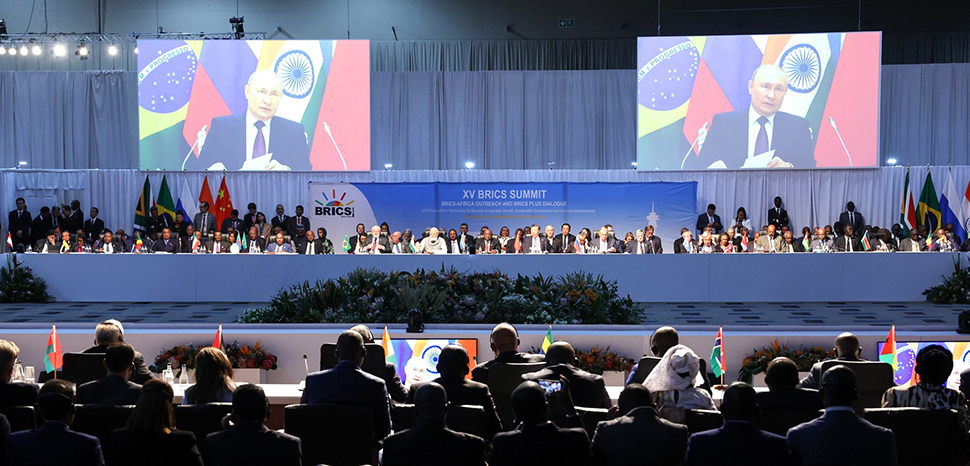
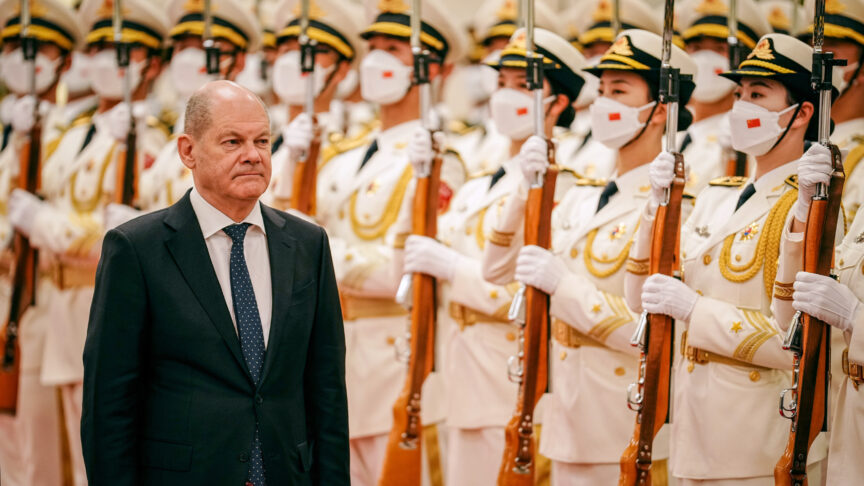



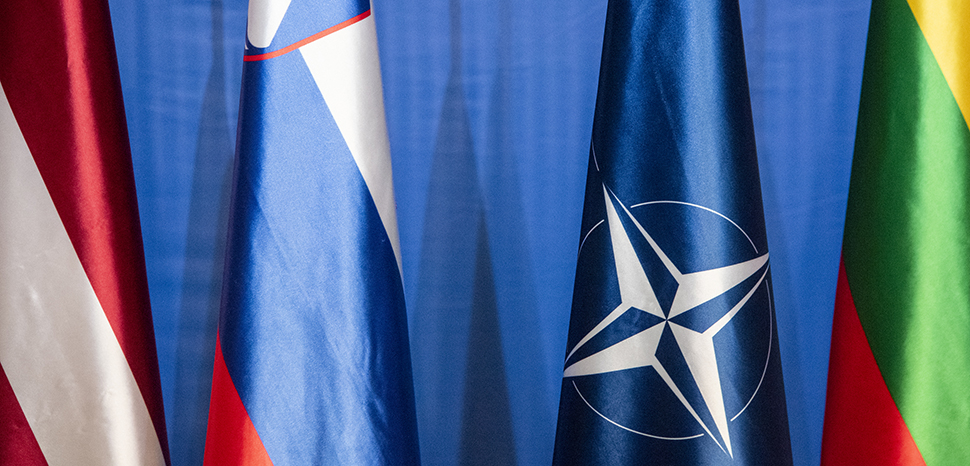
:quality(70)/cloudfront-us-east-1.images.arcpublishing.com/archetype/GZ567BBWT5FRFJ5NCYOD53EYSU.png)

